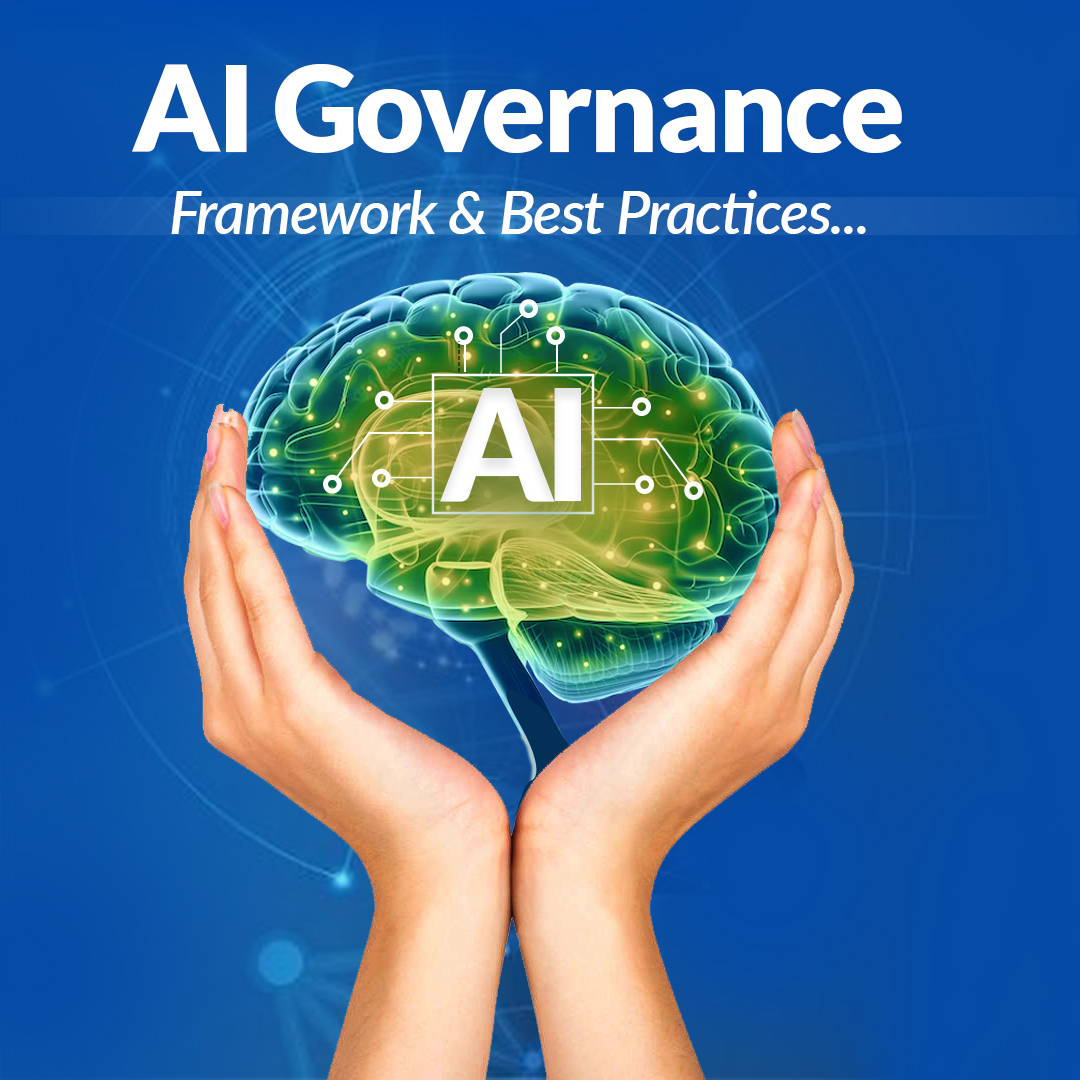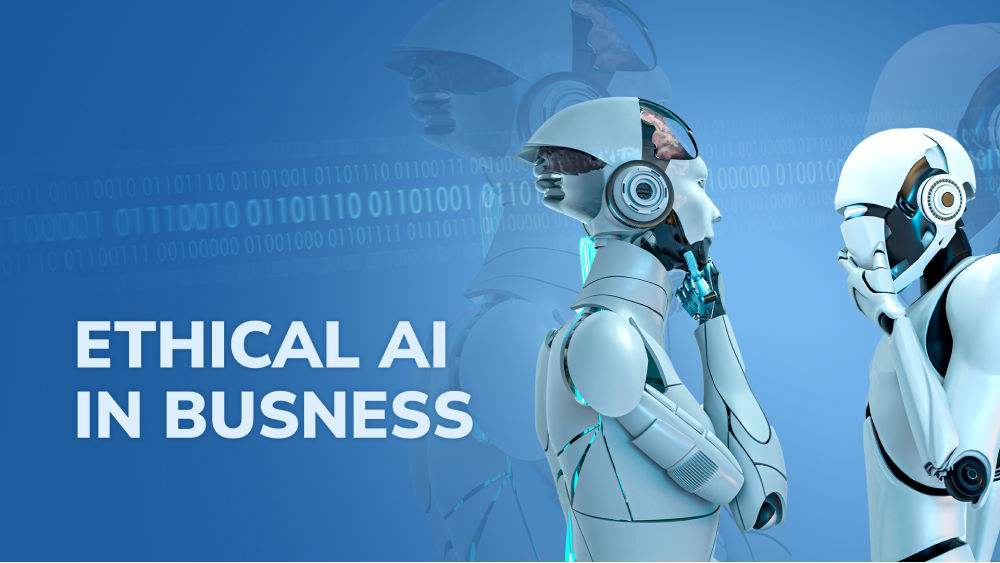
Navigating the Complex Terrain of Generative AI
The rise of Generative AI has brought forth a myriad of challenges, reshaping the discourse around content ownership and privacy. The nexus of data privacy, bias, and ownership intricacies has reached new heights with the advent of Generative AI platforms, sparking legal battles and debates that question the very essence of fair use and ethical boundaries.
 The intersection of technology and legal frameworks
The intersection of technology and legal frameworks
The Legal Landscape: Balancing Act in the Digital Realm
A pivotal moment in the legal sphere occurred in 2015 when a U.S. appeals court established that Google’s scanning of millions of books for Google Books limited excerpt of copyrighted content constituted “fair use.” The court ruled that scanning of these books is highly transformative, the public display of the text is limited, and the display is not a market substitute for the original. However, Generative AI transcends these boundaries, delving into uncharted territories where legal frameworks struggle to keep pace.
“The responsibility falls not only on developers but also on policymakers and organizations to ensure the fair and unbiased use of Generative AI.”
Lawsuits have emerged, raising pertinent questions about compensating content creators whose work fuels the algorithms of Language Model (LLM) producers. OpenAI, Microsoft, Github, and Meta have found themselves entangled in legal wrangling, especially concerning the reproduction of computer code from copyrighted open-source software.
 The legal landscape of Generative AI
The legal landscape of Generative AI
Privacy Predicaments
The nuances of generative algorithms, coupled with the vastness of the data they process, create a potential minefield of privacy breaches. A quick look into Meta’s AI LLaMA paper, LLaMA: Open and Efficient Foundation Language Models shows that the bulk of the training data for LLMs is a mix of CommonCrawl, Wikipedia, StackExchange, and other publicly sourced data. Are LLMs compliant with the requirements under California Consumer Privacy Act of 2019 (CCPA) – Requests to Delete or GDPR’s ‘Right to erasure’?
Unraveling Ethical Quandaries
Biases embedded in algorithms and the data they learn from can perpetuate societal inequalities. Recognizing and mitigating these biases are imperative steps toward ethical AI deployment.
 The importance of ethical AI deployment
The importance of ethical AI deployment
Who is Liable?
Language Models have undergone training on extensive datasets, the quality of which can vary substantially. This variance implies that these models have the potential to generate information that may be inaccurate or misleading.
The repercussions of such inaccuracies extend beyond the virtual realm and can significantly impact the real world.
Navigating the Future
In this transformative era, a harmonious coexistence between technology and legal frameworks is imperative.
 The future of Generative AI
The future of Generative AI
Everyone who has been using smartphones for a while has come to live with the fact that applications crash. In fact, as reported by AppDynamics, applications experience a 2% crash rate. However, expectations regarding Language Models (LLMs) are still being recalibrated.
Unlike app crashes, which are tangible events, determining when AI experiences breakdowns or engages in hallucination is considerably more challenging due to the abstract nature of these occurrences.
As Generative AI continues to push the boundaries of innovation, the intersection of legal, ethical, and technological realms beckons comprehensive frameworks. Striking a delicate balance between fostering innovation and preserving fundamental rights is the clarion call for policymakers, technologists, and society at large.














